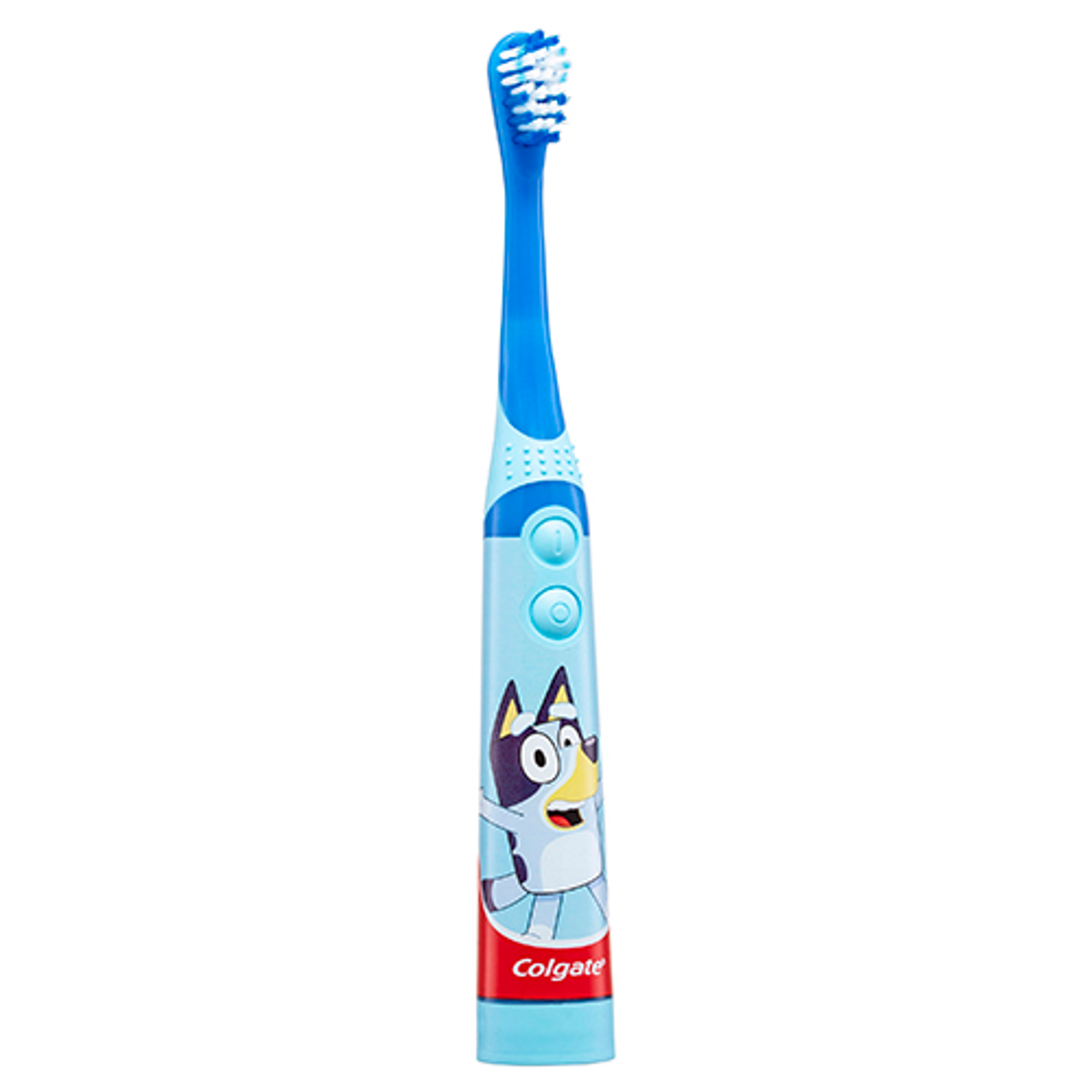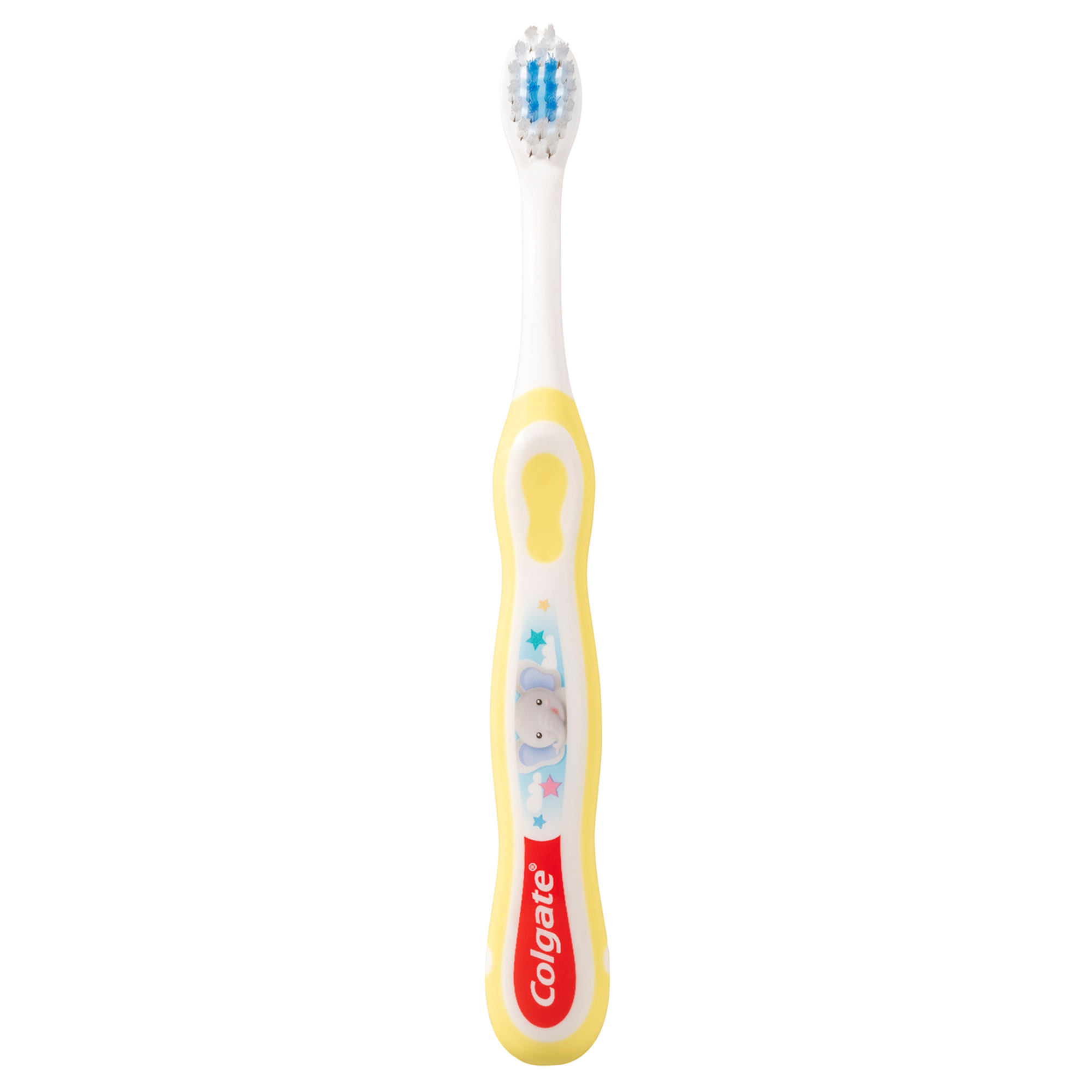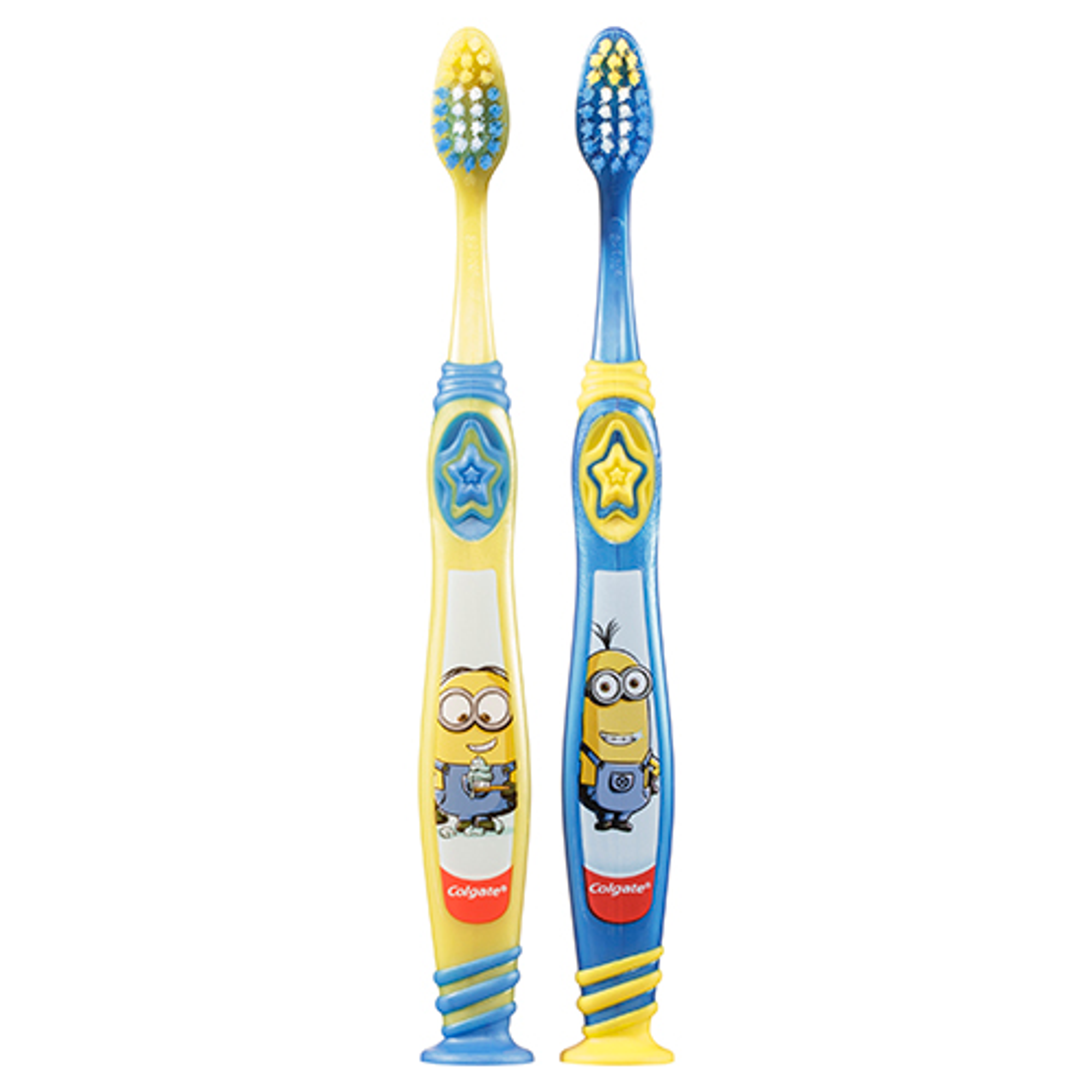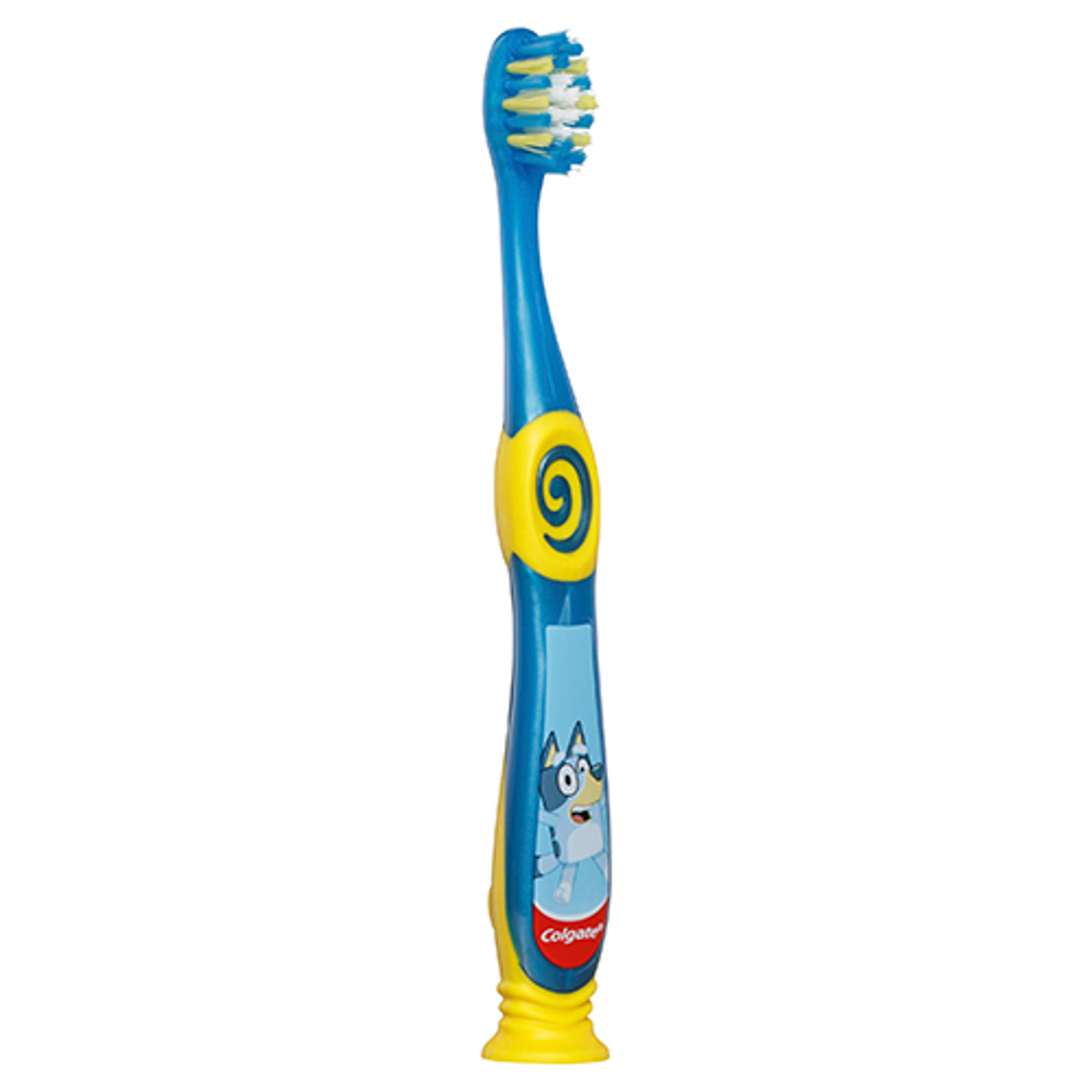-
-

BRUSHING & FLOSSING
How to BrushWhat Is the Right Way to Brush?
Proper brushing takes at least two minutes — that's right, 120 seconds!...

BRUSHING & FLOSSING
How To FlossWhat is the Right Way to Floss?
Proper flossing removes plaque and food particles in places where a toothbrush cannot easily reach... -
Science & Innovation
- Home
- Oral Health
- 9 Causes of Bad Breath in Babies & Toddlers | Colgate®


Bad breath, medically known as halitosis, is a condition that even healthy kids can sometimes experience. If you've noticed that your little one's breath is not so pleasant, there is hope. Also, it pays to keep in mind that improper oral hygiene is often one of the main causes for bad breath in children.
What causes bad breath?
Several factors could contribute to bad breath. Here are some of the most common causes:
- Poor oral hygiene: If your child doesn't brush and floss their teeth frequently, bad breath can result. If plaque is not brushed away, it can irritate the gums, causing additional issues. The tongue can also harbour bacteria that produce foul odours and bad breath, so make sure your child is brushing their tongue as well.
- Dry mouth: Saliva helps to cleanse the mouth. When your child's mouth produces less saliva than usual, xerostomia (dry mouth) may occur, contributing to bad breath.
- Mouth breathing: When a child breathes through their mouth (due to a stuffy nose or as a sleep habit), it prevents saliva from washing away bacteria, promoting bad breath.
- Bacteria on the tongue: Most odour-causing bacteria reside on the tongue. If you don't brush your tongue, odour-causing bacteria will accumulate and cause bad breath.
- Infections in the mouth: Bad breath can also come about due to cavities, plaque buildup, mouth sores or oral surgery.
- A foreign object: Sometimes, a baby or toddler will place a foreign object (tiny toys, food particles, etc.) in their nose. A foreign object lodged in the nose can cause bad breath in children.
- Certain foods: If your child consumes foods with a strong odour, like garlic, onions or specific spices, these can impact the freshness of their breath.
- Medications: Sometimes, the way medication breaks down in the body can lead to bad breath. This process releases chemicals that may result in bad breath.
- An illness or condition: If your child is suffering from allergies, a sinus infection, tonsillitis or another condition, bad breath can occur.
How to avoid bad breath
Healthy teeth are integral to a child's overall health and well-being. You can help your child avoid bad breath by developing an oral care routine that includes the following:
- Follow the Australian Dental Association's recommendations and have your child brush twice daily with a pea-sized amount of fluoride toothpaste to promote fresh breath.
- Always remember to supervise young children so they do not swallow the toothpaste. When your child brushes their teeth, make sure they also clean their tongue, as bacteria can collect and grow there.
- Floss daily to remove odour-causing food particles from between the teeth. Remember to get a new toothbrush every few months. Worn bristles cannot effectively remove plaque and debris from the teeth.
- Avoid halitosis and other oral health concerns by scheduling regular checkups and professional cleanings with a dental health professional.
Chronic bad breath in children
Most of the time, your child's bad breath will go away once you implement better oral hygiene. However, some children may experience chronic bad breath. If a dentist determines that your child's mouth is healthy, you may be referred to an appropriate medical professional for additional tests to diagnose the underlying cause of their halitosis.
Regardless of the cause of bad breath, teaching children how to form good dental care habits at an early age is vital in terms of maintaining their oral health as adults.
This article is intended to promote understanding of and knowledge about general oral health topics. It is not intended to be a substitute for professional advice, diagnosis or treatment. Always seek the advice of your dentist or other qualified healthcare provider with any questions you may have regarding a medical condition or treatment.
Related Products

Helping dental professionals
More professionals across the world trust Colgate. Find resources, products, and information to give your patients a healthier future










